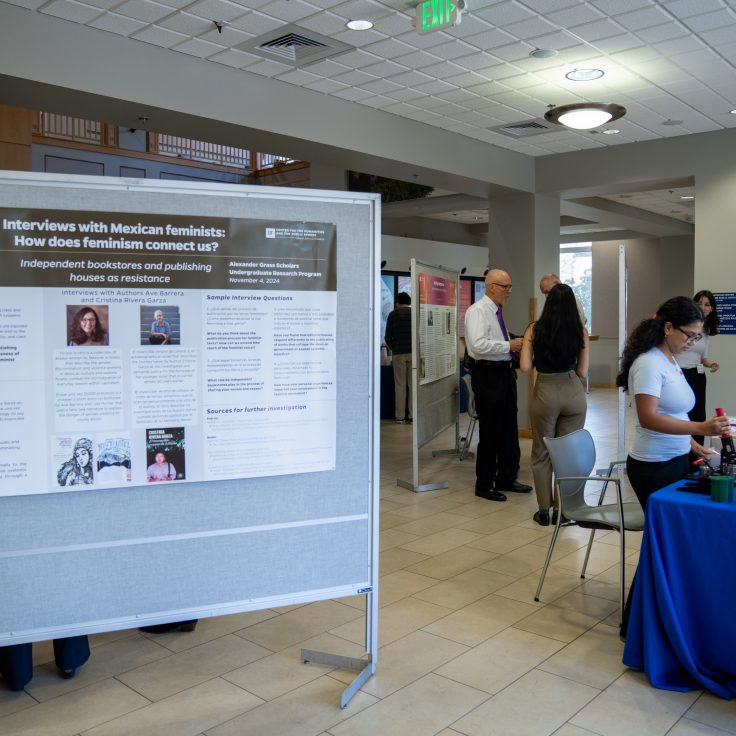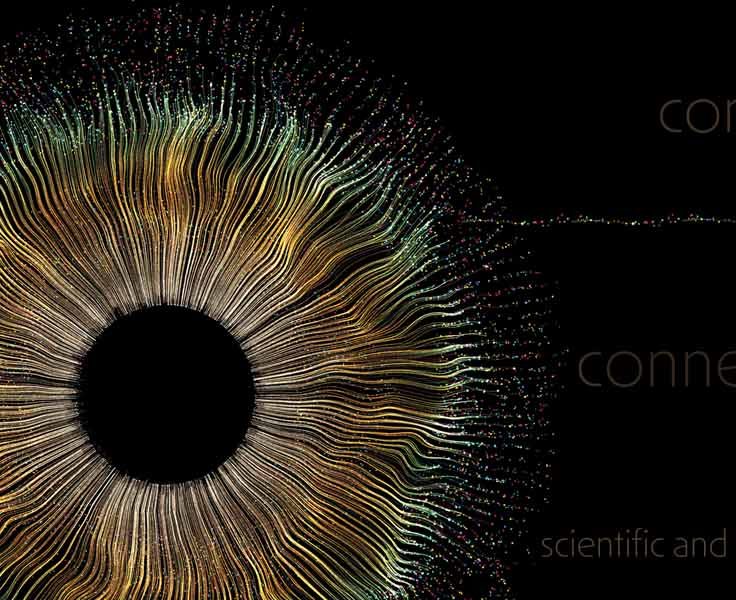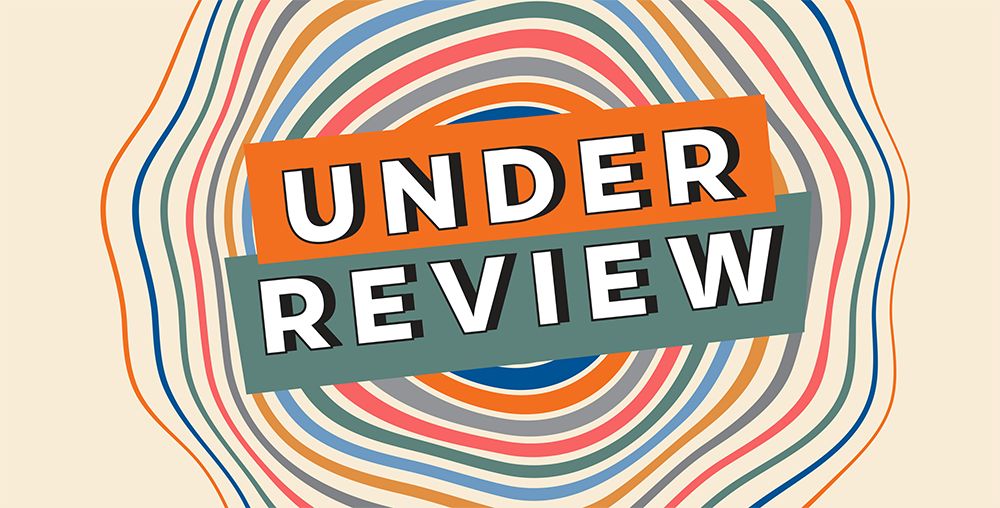
Under Review logo
A New Podcast Opens Up About Grad Student Challenges
Across coasts, two PhD candidates co-host a podcast to amplify graduate students’ perspectives
Earning a graduate degree is never easy. Deadlines mount as the rigors of school fuse with the challenges of making it to the next professional level. For many overworked, overextended graduate students facing uncertain futures, the day-to-day pressure can cause anxiety to build. Instead of shying away from the struggles, PhD candidates Lauren Burrell Cox and June Ke decided to start a conversation.
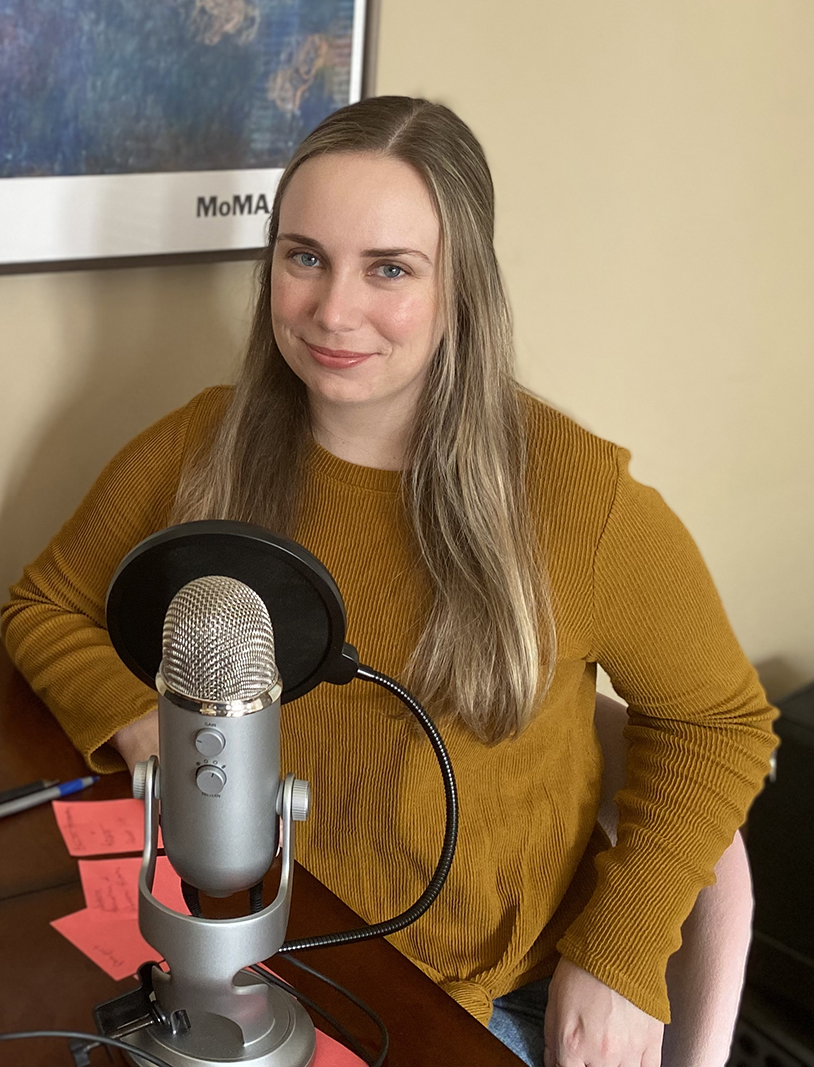
The podcast series they developed and produced, Under Review: Rethinking Humanities Graduate Education (opens in new tab), exposes the ups and downs of graduate school culture and the strains of cloudy job prospects.
“Podcasting is such an intimate medium in its own way because you listen in your headphones, usually, and you’re hearing someone else’s voice come through to you,” said Cox, of the University of Florida. The immediacy makes podcasting an ideal channel to connect with their audience. “We hope this podcast will help graduate students to not feel so isolated — like they’re facing obstacles by themselves,” said Ke, of the University of California, Irvine.
Ke found inspiration for Under Review while watching her friends struggle with steep competition for tenure-track positions. “A lot of the younger students didn’t have any awareness of what the job market was going to entail,” she said. “And I wanted to create a resource for them, so there’s not such a jarring disconnect between what they’re told in graduate school and then what happens afterwards.” Ke shared her idea with Cox, who relished the notion of providing graduate students with a resource to connect.
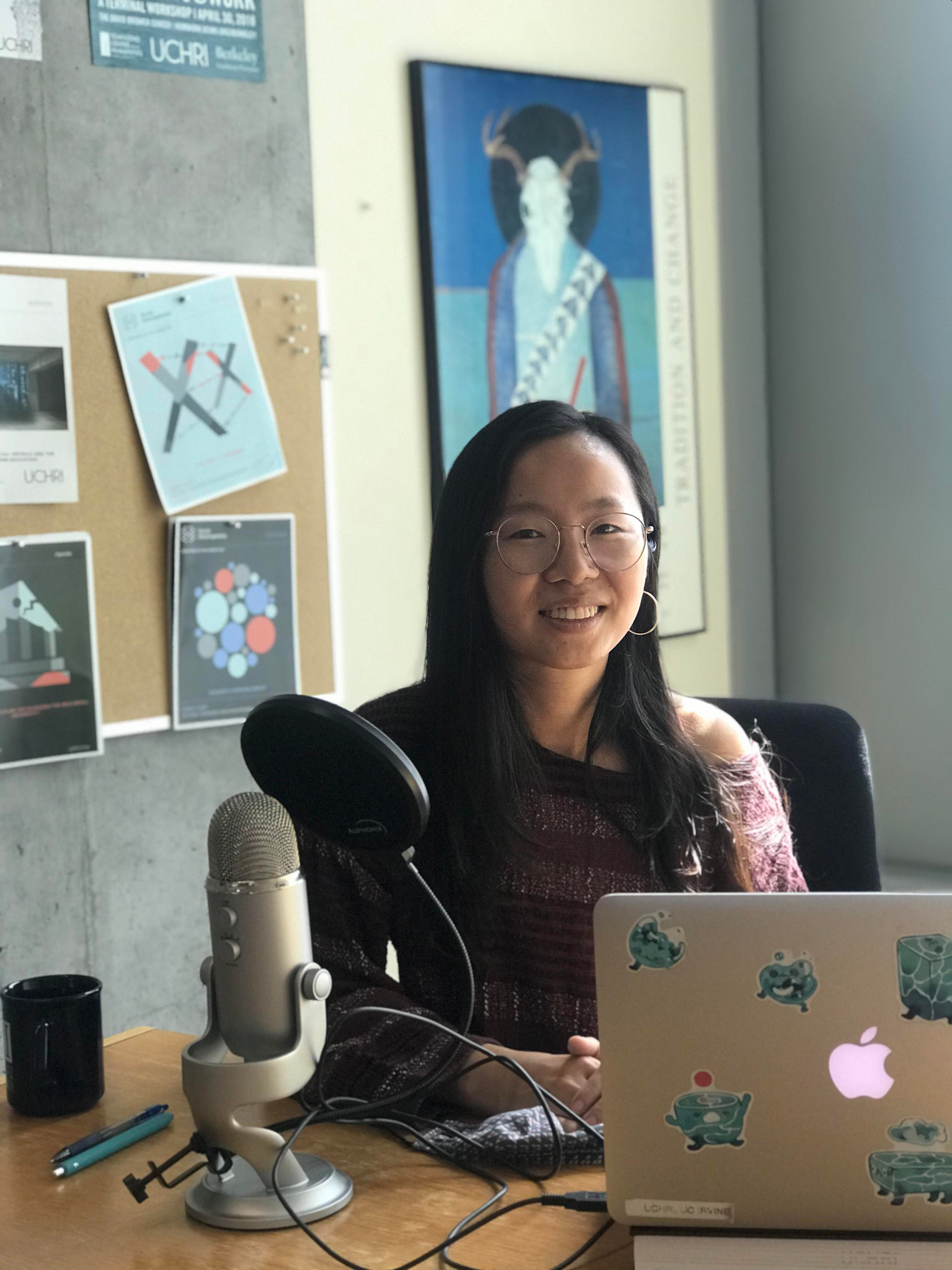
The two were an unlikely pair to tackle such a project — living on opposite coasts, they’ve never actually met in person. The pandemic brought the two students together virtually during the summer of 2020, when their shared interest in storytelling landed them in the same group at the five-day National Humanities Center Podcasting Institute. Cox studies feminist film and media studies and works as the program coordinator at the UF Center for the Humanities and the Public Sphere (opens in new tab). Three time zones away, Ke is completing a PhD program in comparative literature at UC Irvine, where she works as a researcher at the University of California Humanities Research Institute (opens in new tab).
The humanities centers gave the students their full support to launch the project. While mentors at the centers offered feedback along the way, they gave Cox and Ke the responsibility and freedom to guide their own process. Their resulting six-episode series is dedicated to the in-between of knowing and doing for graduate students. The episodes are filled with storytelling and the advice of experts with diverse perspectives who experience the challenges. The podcast explores personal growth, widening discussion on the challenges of graduate school and the transition to the workforce beyond. Episodes tackle topics such as career diversity, collaboration, adjunct roles and systemic change in graduate education.
The pair fine-tuned their style and personality over time — yielding some unexpected results. “I wanted to do something quirky and informal, but informative, where graduate students talk about some of the issues facing them,” Ke said. They found creative ways to push the podcasting medium outside of the norm in their own ways. “Since June and I both study film and art, we value having a little bit of experimentation with performance,” Cox said. “We tried to play with sound and creative dialogue to push beyond the traditional expository way of interviewing.”
As a result, they also infused their own personal anecdotes into the episodes. “Experiences like mental health issues or economic precarity are not really things that get discussed in a lot of seminar spaces — but these are topics we want to bring to light on the podcast,” Ke said. “These are discussions that students have after class and at the bars, so we wanted to bring it into a more formalized space to show that there are people and spaces where these issues are acknowledged — where you can be valued as a whole person, not just for your intellectual contributions.”
The project became a way for Cox and Ke to process their sense of their own positions within their institutions. “The podcast was something we got to create ourselves,” Cox said, “and knowing we were able to do that ultimately created a space for ourselves.”
The podcast, launched in April, is hosted on Anchor and available on all audio-streaming platforms.
Catch the latest episode here (opens in new tab).
This story appears in the spring 2022 issue of Ytori Magazine. Read more from the issue.
